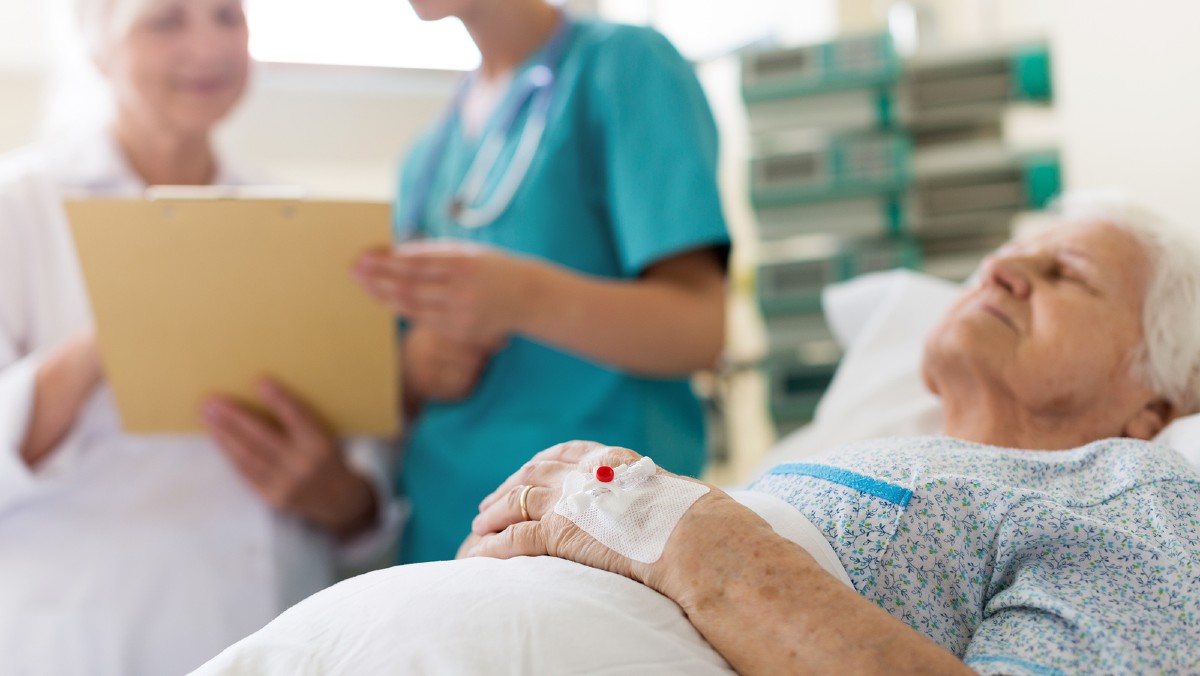
Canada becomes world leader in organ donation after euthanasia
Although Canada was a late starter in legalising euthanasia (or Medical Aid in Dying) in 2016, more than a decade after Belgium and the Netherlands, it has become a leader in combining it with organ donation. Ontario is the first jurisdiction in the world “to proactively reach out to those who had been approved for assisted death to discuss donation”, according to the Ottawa Citizen.
“When a death is imminent, whether through a hospital or MAiD, Trillium [the organisation which oversees organ donation] must by law be notified.”
“The decision to pursue MAiD is totally separate from the decision to donate organs,” says Ronnie Gavsie, Trillium’s CEO, “but we do want patients to have their last will carried out.”
The Ottawa Citizen reports that “In the first 11 months of 2019, MAiD patients in the province accounted for 18 organ and 95 tissue donors, a 14 per cent increase over 2018 and a 109 per cent increase over 2017. (Figures for December 2019 are not yet available.)”
“As part of high-quality end-of life care, we make sure that all patients and families are provided with the information they need and the opportunity to make a decision on whether they wish to make a donation,” Mr Gavsie explains. “That just follows the logical protocol under the law and the humane approach for those who are undergoing medical assistance in dying. And it’s the right thing to do for those on the wait list.”
Not all patients who have requested MAiD, make good organ donors. Many of them are cancer patients who are not permitted to donate organs. And many people want to die at home, rather than in a hospital where organ donations need to take place.
However, a Trillium official says that more and more MAiD patients are prioritising organ donation. “There are several patients we’ve spoken to who had initially planned to die at home, but that wasn’t as important to them as helping other people,” says Dr Andrew Healey, Trillium’s chief medical officer of donations.
The organs donated by euthanised patients are often of better quality than organs haphazardly harvested from accident victims. There is more time to test them and find a match with potential recipients.
The optimistic panorama opened up by Trillium was not shared by bioethics commentator Wesley J. Smith, writing in the National Review.
The clear message being sent to suicidal ill and disabled Canadians — with the active support of the organ transplant community — is that their deaths can have greater value to Canada than their lives. In other words, organ donation as an offshoot of euthanasia has indeed been defined “as a plum to society.”
Someday, Canada will probably dispense with the euthanasia part altogether and go straight to killing by organ harvesting — already being proposed bioethics and medical journals.
- How long can you put off seeing the doctor because of lockdowns? - December 3, 2021
- House of Lords debates assisted suicide—again - October 28, 2021
- Spanish government tries to restrict conscientious objection - October 28, 2021
